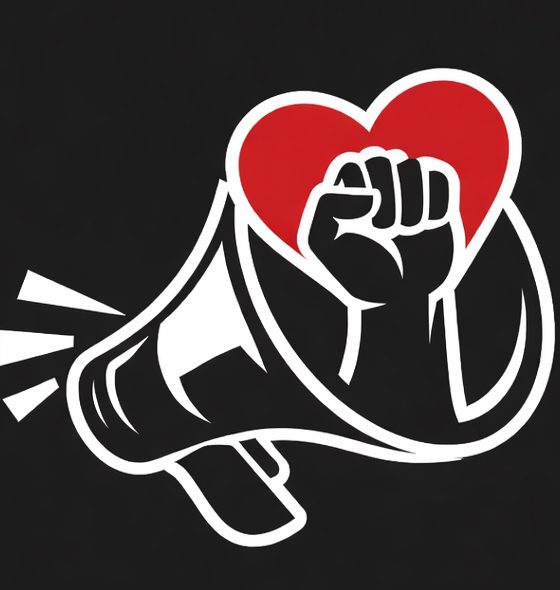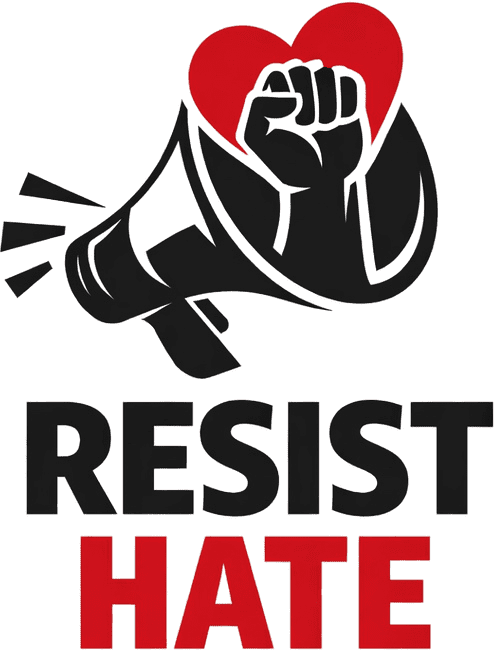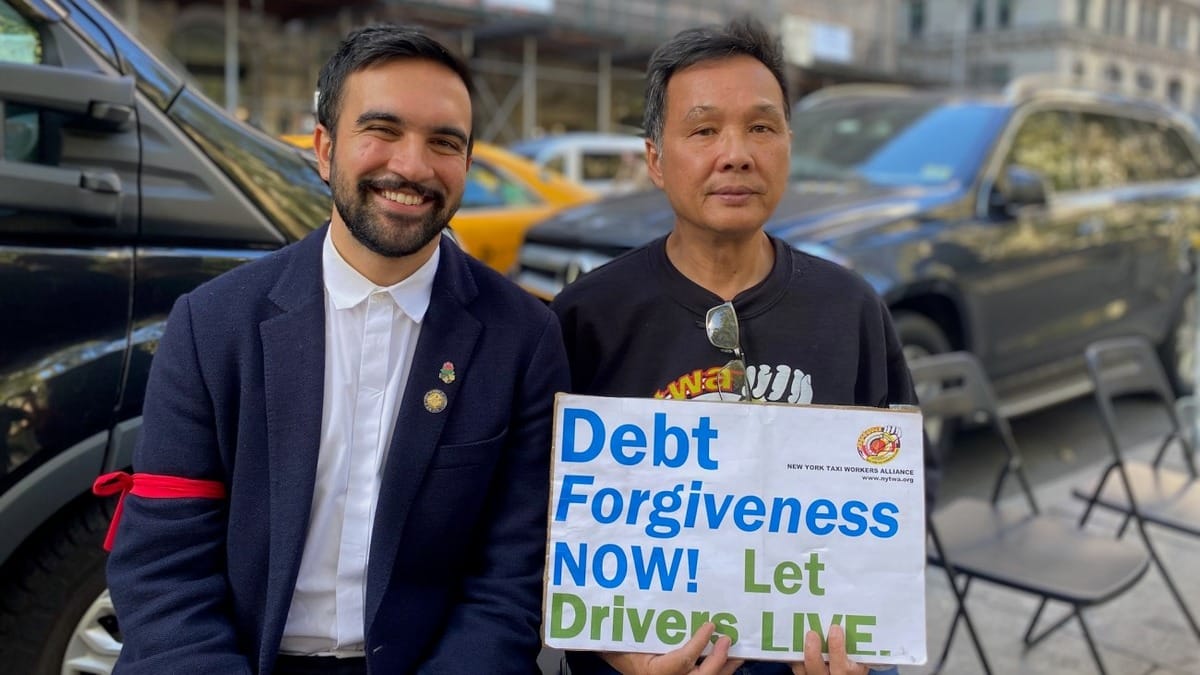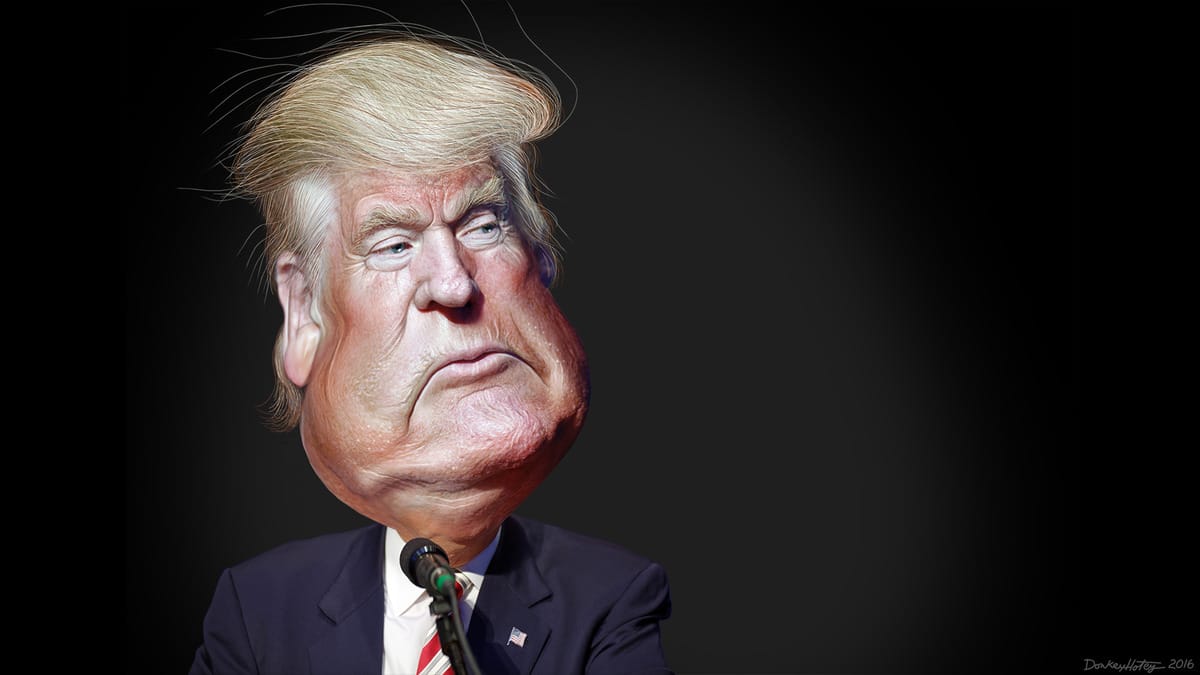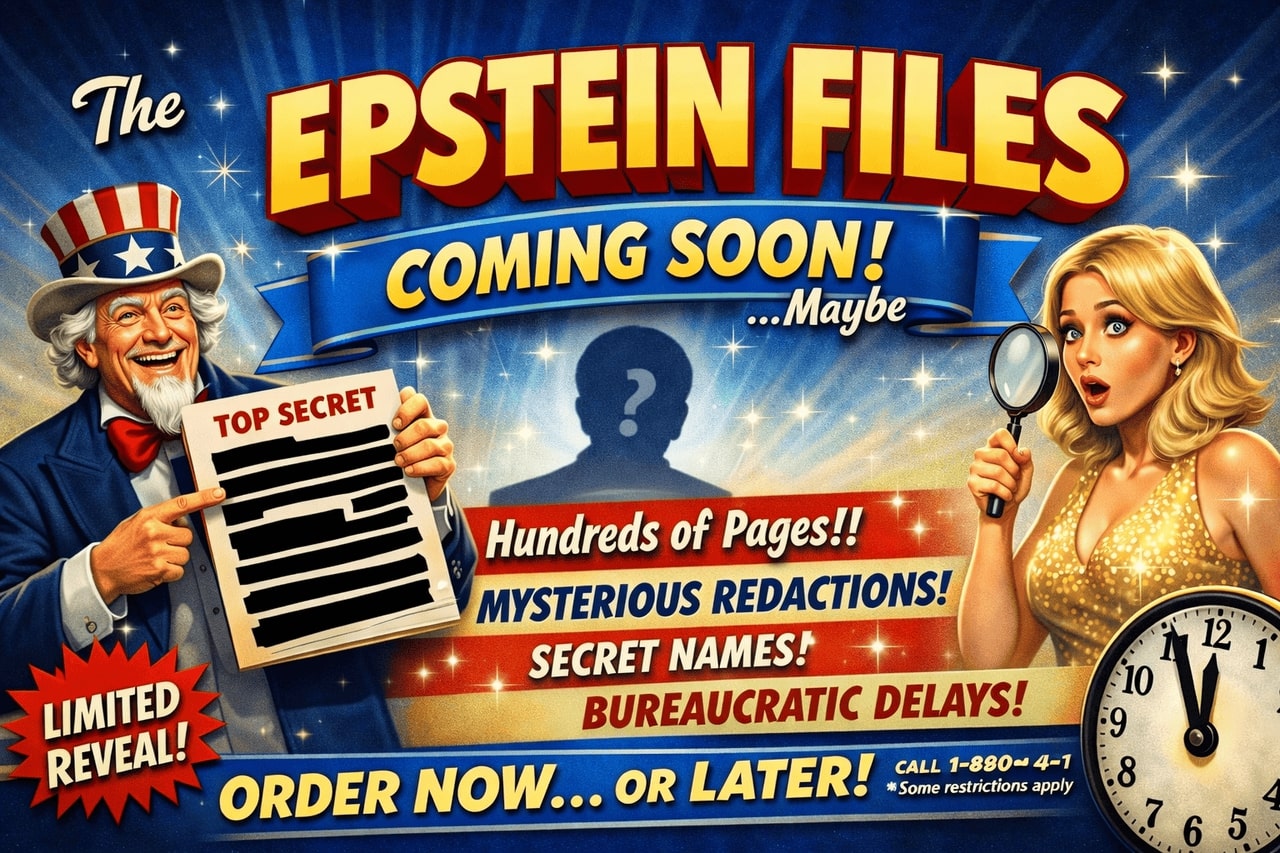A little more than four years ago, Zohran Mamdani announced from a lectern in Manhattan’s City Hall Park that he was about to go on hunger strike. He hoped that, by doing so, he would push politicians to provide debt relief for New York City cab drivers.
“I will be on strike for as long as it takes,” Mamdani said. “We are going to be moving all of my meetings. All of my calls. All of my office duties. I will be taking them from this protest site.”
As I stood in the park that day, it wasn’t clear just how long “as long as it takes” might mean. Or if it would be enough at all. Mamdani had been an Assemblymember representing Astoria, Queens, for less than a year at that point. Fresh off a birthday, he was only three days clear of his twenties.
But when I spoke with Mamdani and taxi driver Richard Chow a few minutes after both stopped eating, there was uncommon resolve and humility. “What I will go through pales in comparison to what Richard is going to go through and what so many other of the drivers are going to go through,” Mamdani told me.
“The face of this hunger strike are people who have ruined their bodies for the city. Sitting in a chair for up to 16 hours a day.”
Looking back, all the key elements of Mamdani’s mayoral campaign were there. Debt relief for taxi drivers who’d been the victims of financial schemes was, in many ways, a fight for a more affordable city.
Then there was the already obvious charisma. The specific knowledge of New Yorker’s struggles. The message discipline. The moral core of solidarity rooted in leftist organizing. The contagious optimism. And, most importantly, the belief that he could win.
